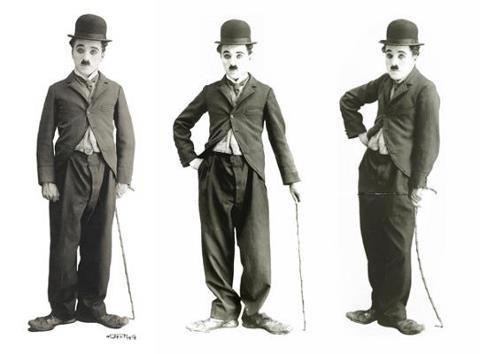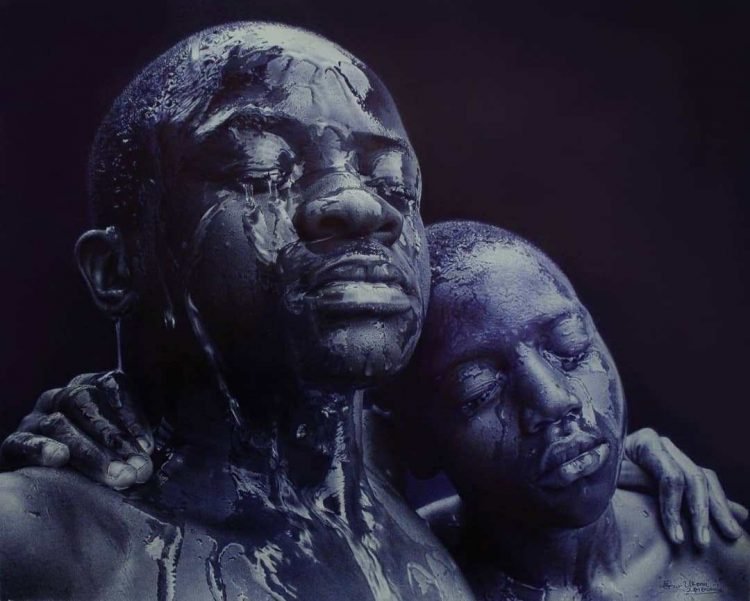From Third Eye, Lomwe, Tay Grin, D1 and Desert Eagle, male rappers have had long histories of collaborative works. Their partnerships inspired full-length albums, blockbuster singles and widespread fame for all involved. However, it has become increasingly apparent that there is a lack of female rappers working alongside other female rappers. It seems as though every day these women are not supported that much, they lack promotion.
To become the queen of rap or R’n’B in Malawi, female artists are forced to do a lot of unspeakable things. They are trained by their promoters to be fierce against other female rappers to ensure that only a few make a name for themselves. Like animals that kill their old leaders to replace them with new ones, these women destroy established artists to bring themselves forward. Surely this is a product of the industry promoters, which propels the idea that only a few female rappers can be charting at any given time. For male rappers it seems like a nonexistent situation.
Take for example Ndefeyo Entertainment label which has released multiple tracks featuring many artists, however, like the Malawi urban music industry itself, there is an absence of female rappers. Male ones, however, are in abundance. The same applies to many other well established and known record labels like Prime Time Media, The Freshmens, Black Rhyno Entertainment, they all no dominance of female artists in them.
Other questions can also be raised. Firstly, why can men in the rap industry co-exist and help one another thrive, while women seem to fight one another, so only a select few reach prominence? Secondly, what has led to the current situation at hand? Is the overheated competition between female rappers just part of the territory, or is the current business structured in a disadvantaged way for female rappers to breakthrough? If it is supposed to be accepted as part of the “rap game,” why is it that many male rappers can work and support one another, as well as collaborate with female rappers while female rappers while cannot support other women in the urban music industry?
Malawian R’n’B artist, Hazel Mak who is based in the UK, had in an interview with our reporter, bemoaned the lack of support for local female artistes.
Among other things, she told this newspaper that while colleague musicians in other countries are given the push in whichever form they need, those down here are constantly abused, side-stepped and overlooked.
“We Malawians build stars just so we have something in the near future to take apart. While other countries are building more and more artist to push their music and culture outside, we just build them and then turn around and destroy them again,” she said.
“Everyone who is established prefers to hide in their corner looking and hoping for the next gig. But what the industry is forgetting is when someone is a super star and they climb the stage, the exposure and experience will show and your audience will be entertained.
And with a new song ‘Ride or Die’ to promote, Hazel Mak has once again become very vocal about the urban music industry in Malawi, particularly the way it treat its female stars.
‘I am not signed by any label but I have been into many different record company buildings – but am astonished by the lack of female executives,’ she told our reporter.
“What happens to Martse, Gwamba, Flo Dee, Aycee, Joy Fresh, Capital Gal, Complex and the many talents doing big things now after a while? Do we expect them to remain in the rising stars category? There are classes to this thing that we do, you become a rising, a star then you graduate into a super star.
“But Malawians always want you to be a rising star so they keep treating and paying you the rising-star kind of money no matter how long and how well you have been practicing this music thing.”
Hazel Mak further called on the Malawi government to help the music and creative industry to secure long-term funding, to enhance the works of the music industry in Malawi.
Hazel said challenges to secure long-term funding have driven most talented musicians to diversify into other businesses, thereby stunting the prospects of the industry.
She said Malawi’s music could not go beyond the borders of the country because musicians lack the necessary financial backing to seek services of experts, and in a rush to sell their products, they shoddily package them.
Hazel Mak is currently at #12 on the Malawi Music Urban Top 20 Songs with her current single Ride or Die which was released earlier last month.
Currently, Hazel has been working on her EP, ‘Nyumba on Fire’, which will be out later this month.





No comments! Be the first commenter?